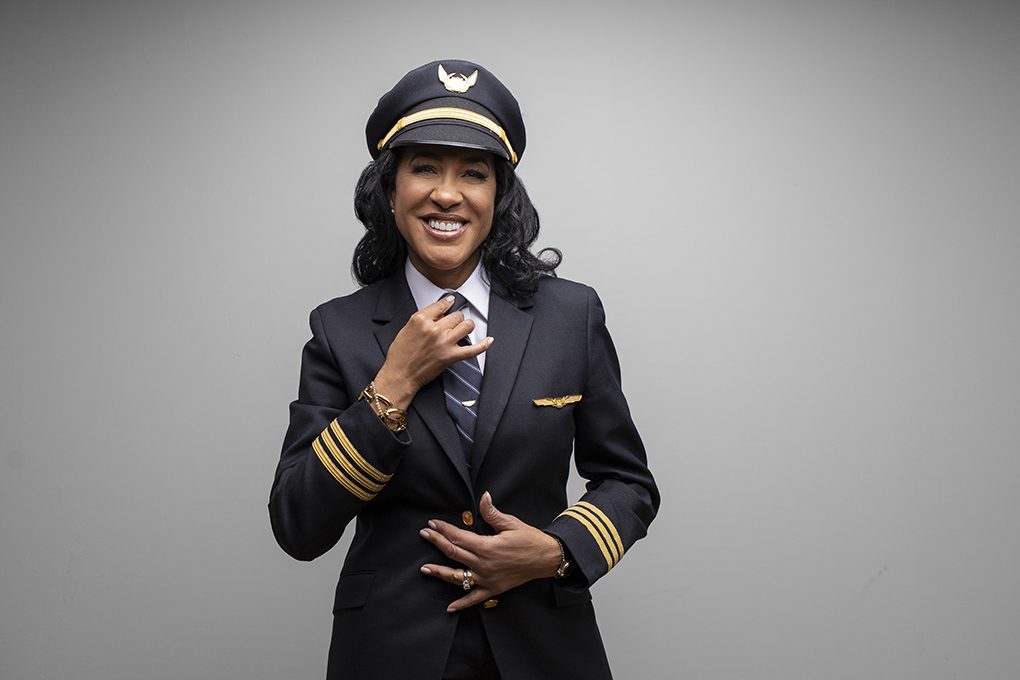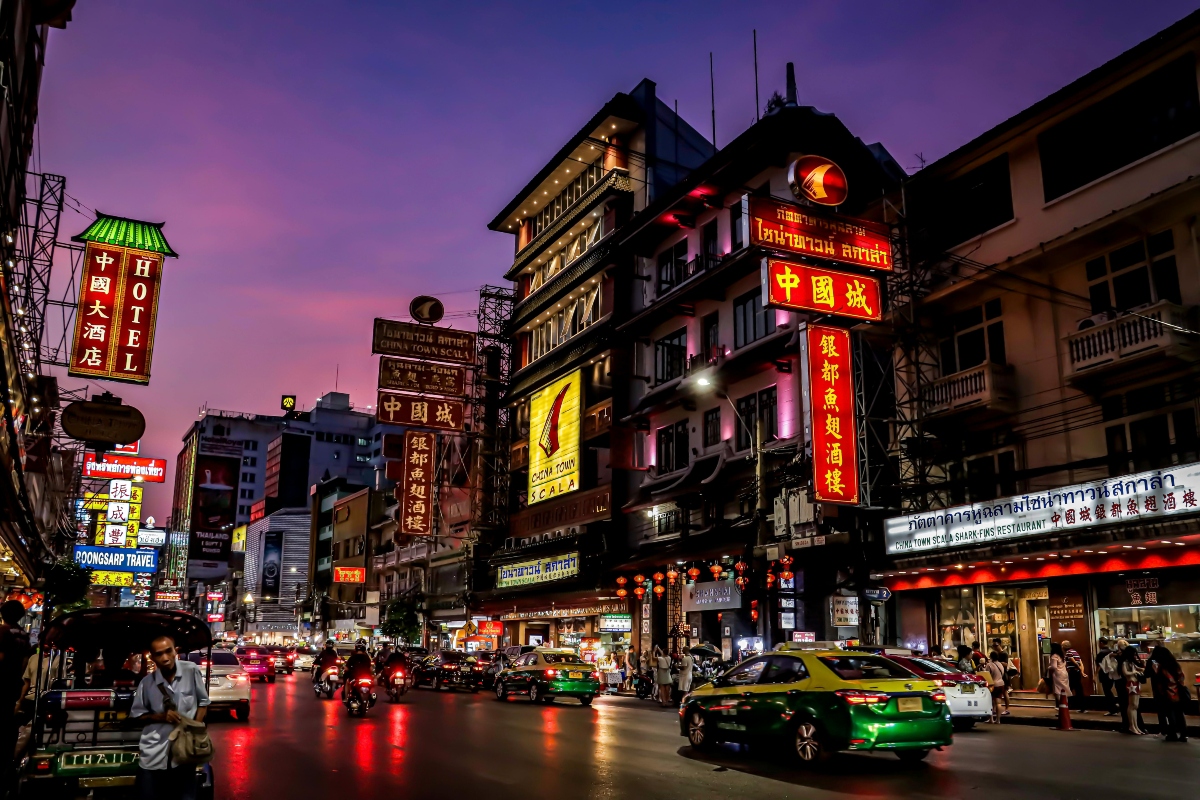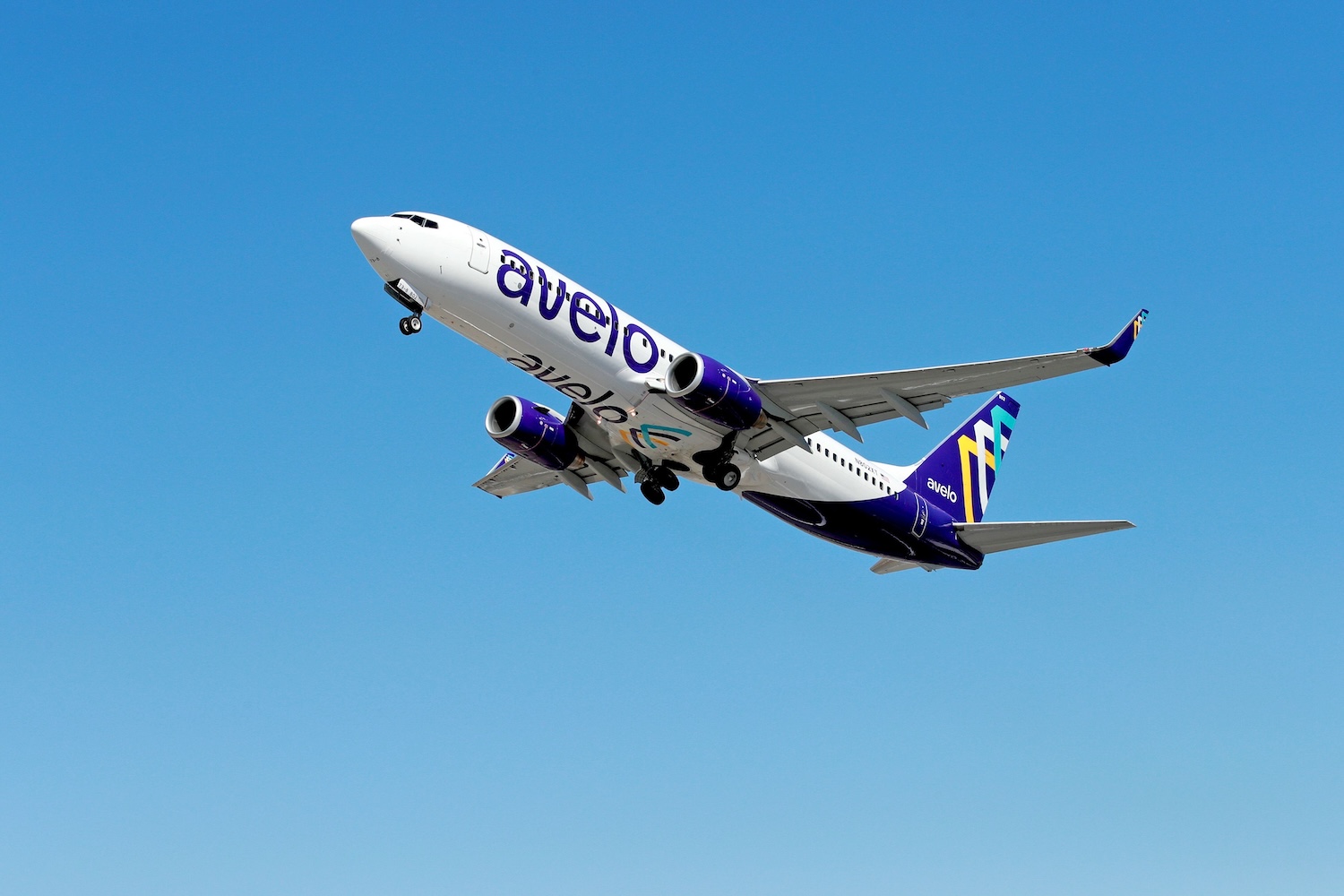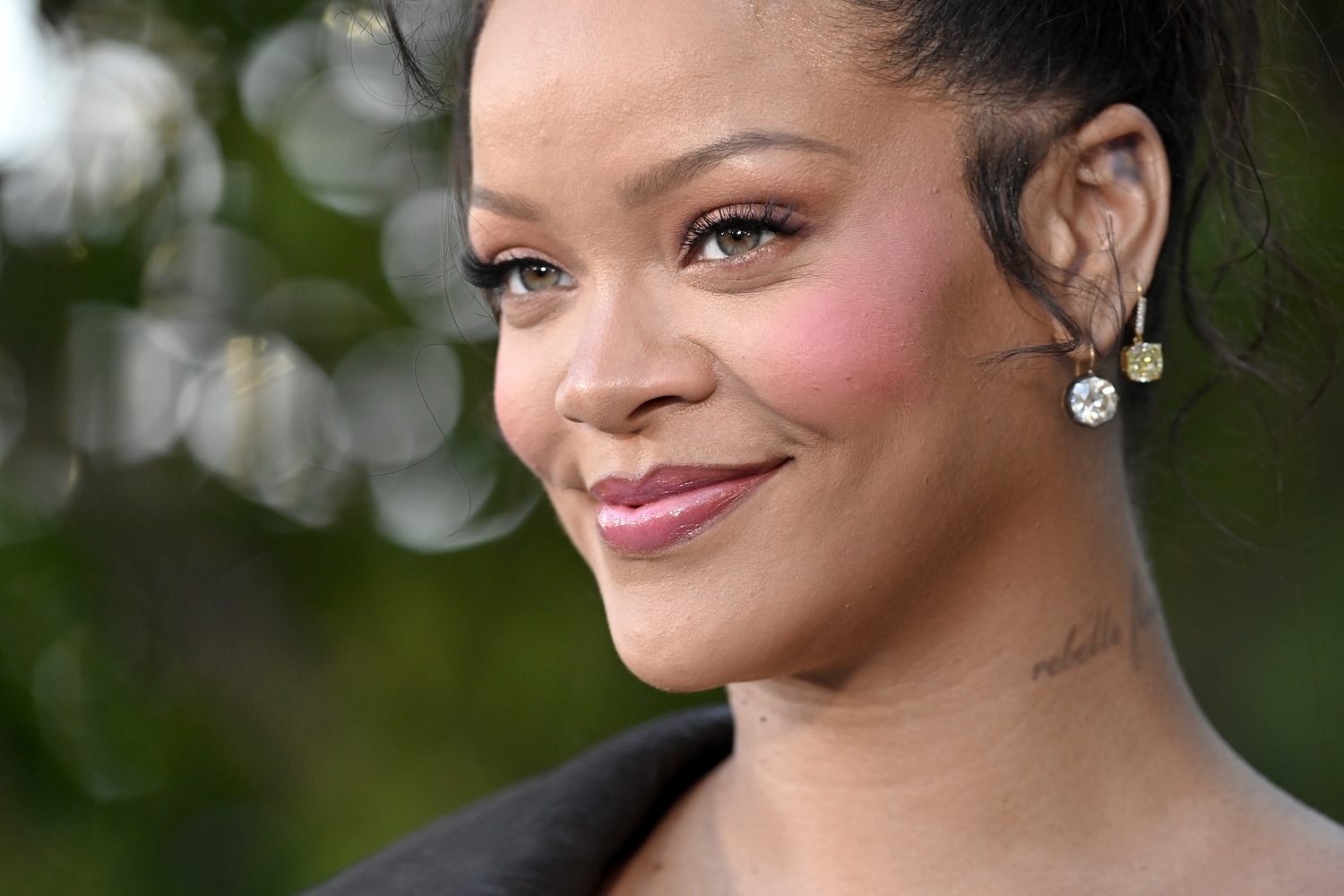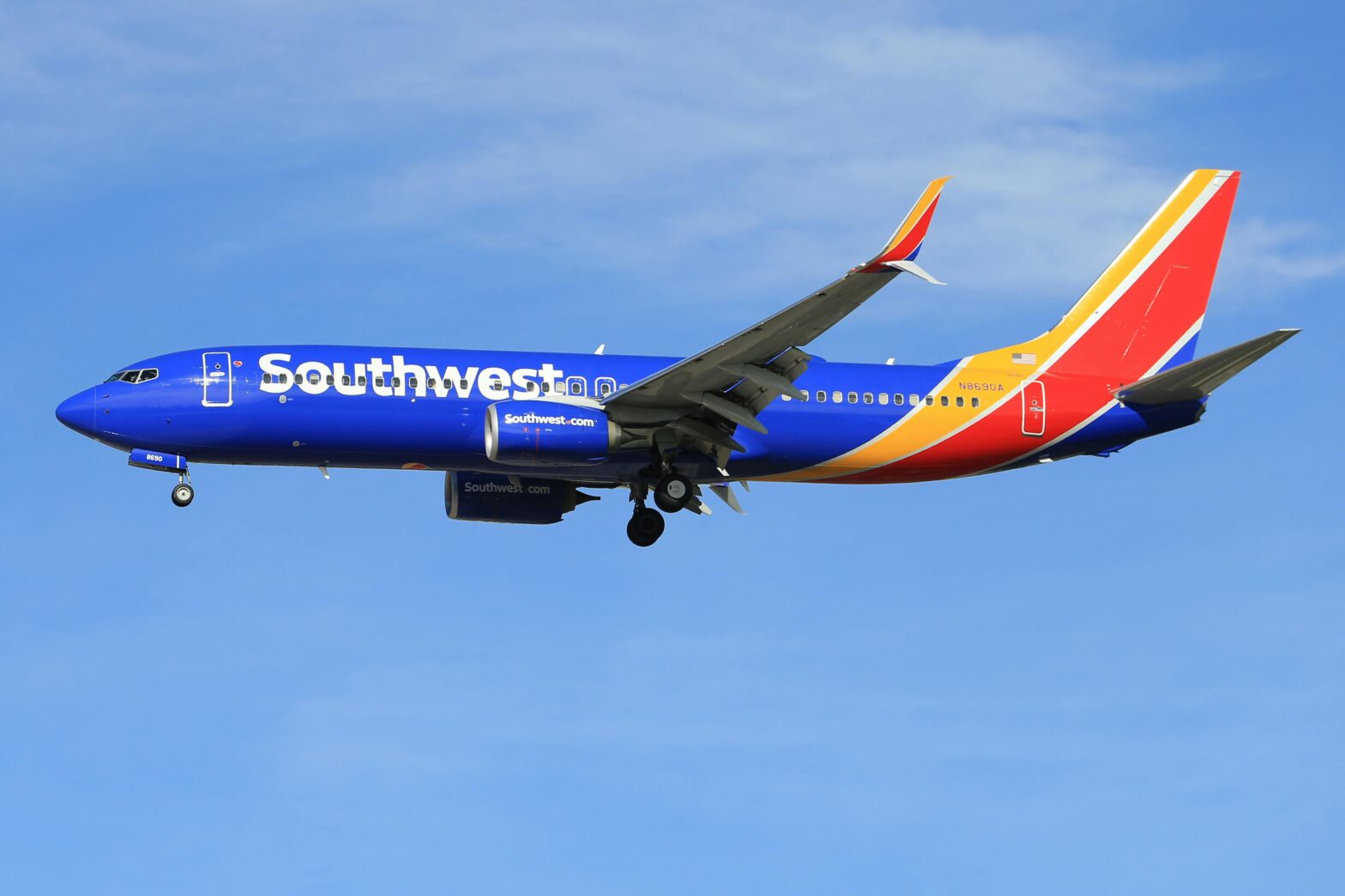For as long as she could remember, Carole Hopson wanted to fly planes. Throughout her career in journalism and business, the Philadelphia native never gave up her goal of becoming a professional pilot for a major airline. Today, Hopson is a United Airlines captain on the Boeing 737, based in Newark, NJ.
“I was 34 years old when I learned who pioneer aviatrix Bessie Coleman was,” said Hopson. “If she could do it 100 years ago, I knew I could do it.”
Coleman is known for being the first African-American woman to earn an international pilot’s license, paving the way for Black women in aviation. Hopson has been so motivated by Coleman’s story that she wrote a fiction novel inspired by her. But despite the achievements of Black women in the field, they continue to comprise only a miniscule fraction of all pilots.
“It doesn’t feel good at all knowing that Black women make up less than one percent of the U.S. professional pilot population. As our nation and the world is facing an unprecedented return to travel post-COVID, as goods are being shipped at record rates with the rise of online shopping and services, global travel will need to be supported with a robust pipeline of pilots.”
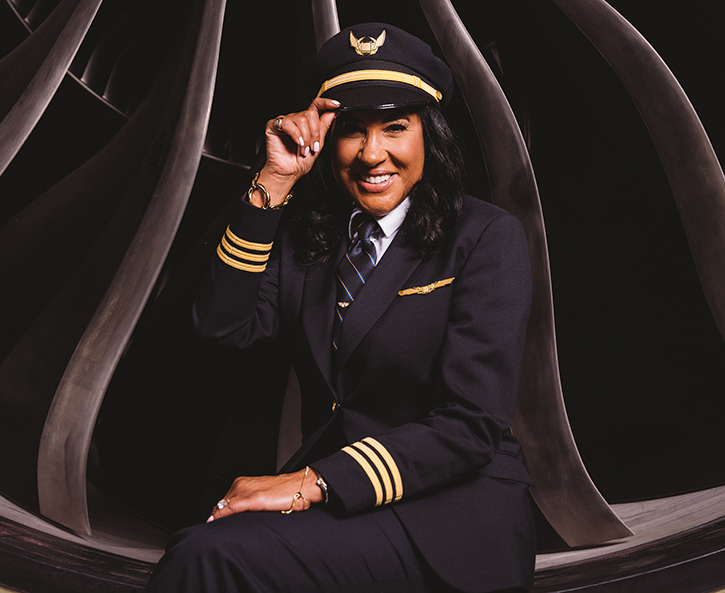
“Add to this the fact that the military, which had been the constant supply of pilots, is no longer training the record number of aviators that it had, and we have a condition— short supply and vigorous demand. This is a classic business problem. We need a visionary business solution. That solution is to look for talent where we have never looked before.”
Barriers preventing Black women from achieving a career in aviation include access, mentorship, and a lack of financial resources (it can cost upwards of $100,000 post college). The Jet Black Foundation was formed to address these barriers. Through the organization, Carole and the team intend to source and train 100 Black women aviators by the year 2035. They aim to help recruit, train, and assist in the cost of the flight training, and they are hoping to raise $7 million with which to achieve this goal.
“The costs and barriers to entry are what they are. We may not be able to change those, but we can surely lead the way to help others through the maze. We want each woman to pay for her first step. It is the hardest. It is the Private Pilot License. After that first crucial step, the costs soar and so does the training commitment. Without guidance and vigorous support, it is easy to lose focus and direction.”
The Organization of Black Aerospace Professionals created the Lt. Col. Luke Weathers Flight Academy to help provide support in this area. The not-for-profit flight school located in Olive Branch, MS, near Memphis, TN, offers airline training, taught by airline pilots, and because of its nonprofit status, the training costs just one-third of what other training options cost.
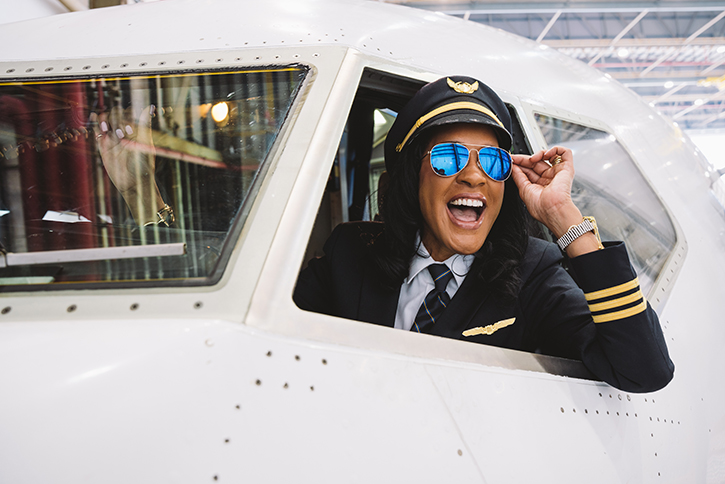
“Black women need to be a part of that solution; part of a talent pool that has never been sourced. The ramp-up for a professional pilot is a process and can take five to ten years to get an aviator ready for the major airlines. We must begin NOW. When we improve the lives and fortunes of women, we improve the lives and fortunes of nations.”
With securing the resources required to send candidates to flight school at the heart of its mission, the support of the Jet Black Foundation is a critical element of its success. Contributions can be made at www.jetblackfoundation.org.
Though not easy, a successful career in aviation is possible, and Carole Hopson looks forward to helping the next generation of Black women pilots achieve their goals, offering this simple piece of advice:
“Follow your dream. It’s yours. But put a date on each step. Make each step a goal. Then find a mentor. You will need a guide in order not to make costly missteps. Then get to work!”
Related: How Anya Kearns, The Youngest Black Female Legacy Pilot, Is Giving Back
